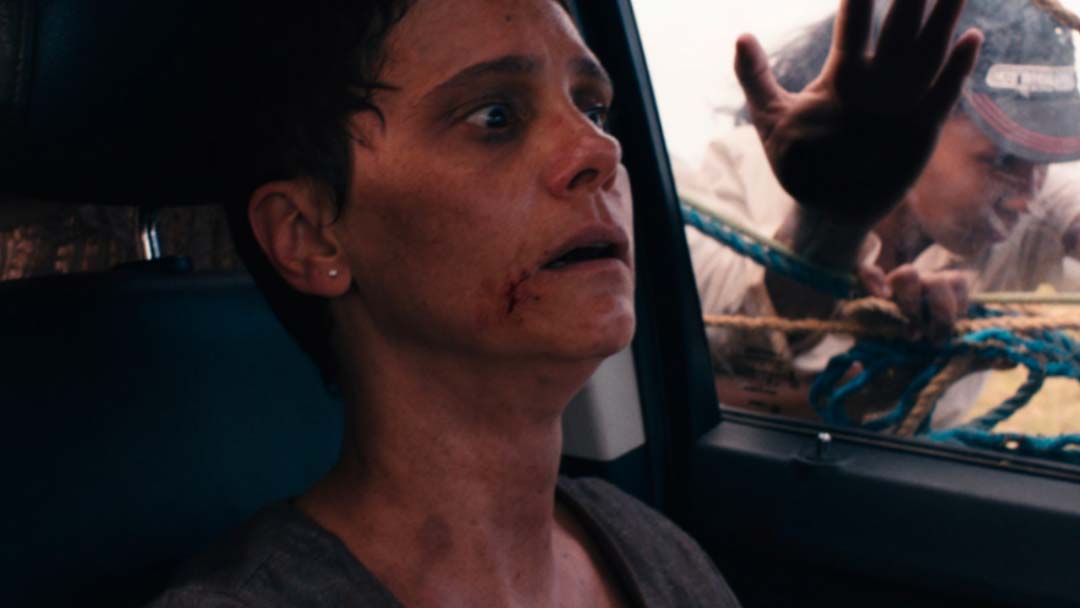Property (original title: Propriedade) won Best Picture at last year’s Fantastic Fest and has since garnered significant attention on the genre festival circuit, including screenings at Sitges, Edinburgh, Berlin, and over 20 other festivals worldwide. Dark Star Pictures will release the home-invasion horror On Digital and On Demand on May 28th.
Synopsis: Property is a riveting take on home invasion that boldly delves into the political undertones of violence and power dynamics. With its thought-provoking themes and visceral thrills, Property challenges viewers to confront the reality of violence and resistance in society, leaving a lasting impact long after the credits roll.
Written and directed by Brazilian filmmaker Daniel Bandeira (“Misteria” TV series, the film takes place in a stately country house where a wealthy couple’s retreat is disrupted by the laborers from the surrounding farm who work for them. Why is there disruption? The laborers and their families have worked and lived on the property (some for decades), and they have become aware of the changes that will come. They were recently informed by someone other than the owners. They are panicking as to what is next regarding future income, where to live, and collecting final wages. They are making use of the vacant country home.
In the interim, the affluent couple, Teresa (Malu Galli) and Roberto (Tavinho Teixeria) are preparing for a quick trip to their farm. Roberto’s plan to sell his land is why the laborers are taking matters into their own hands, and his attitude towards them leads to a revolt. They take over the home and Roberto, but his wife is on her own to fight for her life.
Despite Roberto going on and on with Teresa about safety and security, the audience will see how soon that goes out the window. The home invasion, especially by familiar people, is a real fear and at this point, Teresa knows there is no one to trust as she once had.
Teresa needed to realize that all the preparation and upgrades her husband had made for the road trip vehicle would serve a purpose. She was so uninterested that she soon realized she should have paid more attention. The car becomes a central point, and those workers are beyond reasoning.
There is an “us vs. them” theme, with the hierarchy being challenged by the workers who have been oppressed for so long. It is not a new story, but this one is so well told with the script and performances that it can be rather eye-opening for some people who have no idea of what down and out really means, especially in another country that does not have resources for displaced workers, etc.
Pedro Sotero’s cinematography is excellent. It captures the landscape, the internal and external shots of the home and vehicle, and the close-up shots of Teresa’s actions when she knows that some of the workers are not there to talk or negotiate. She is excellent at making the audience feel anxious.
Source: Dark Star Pictures
